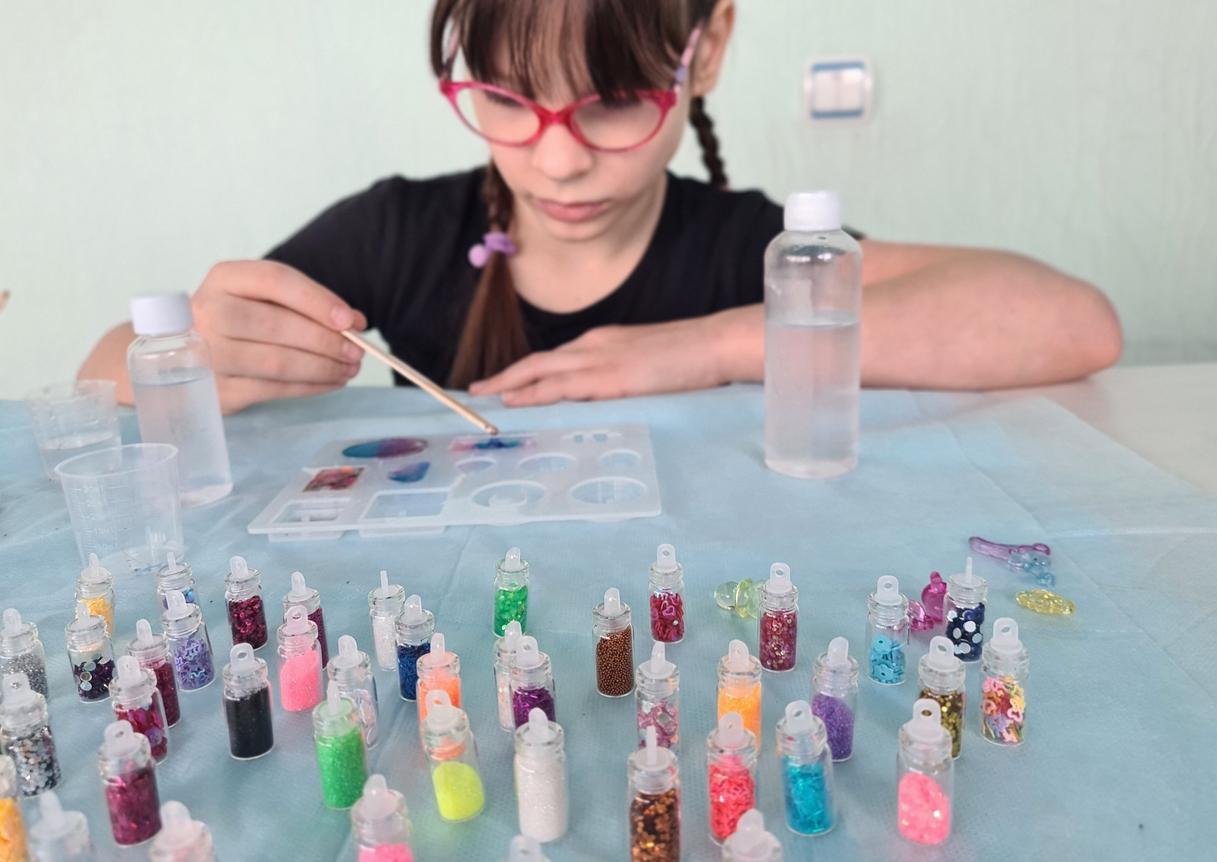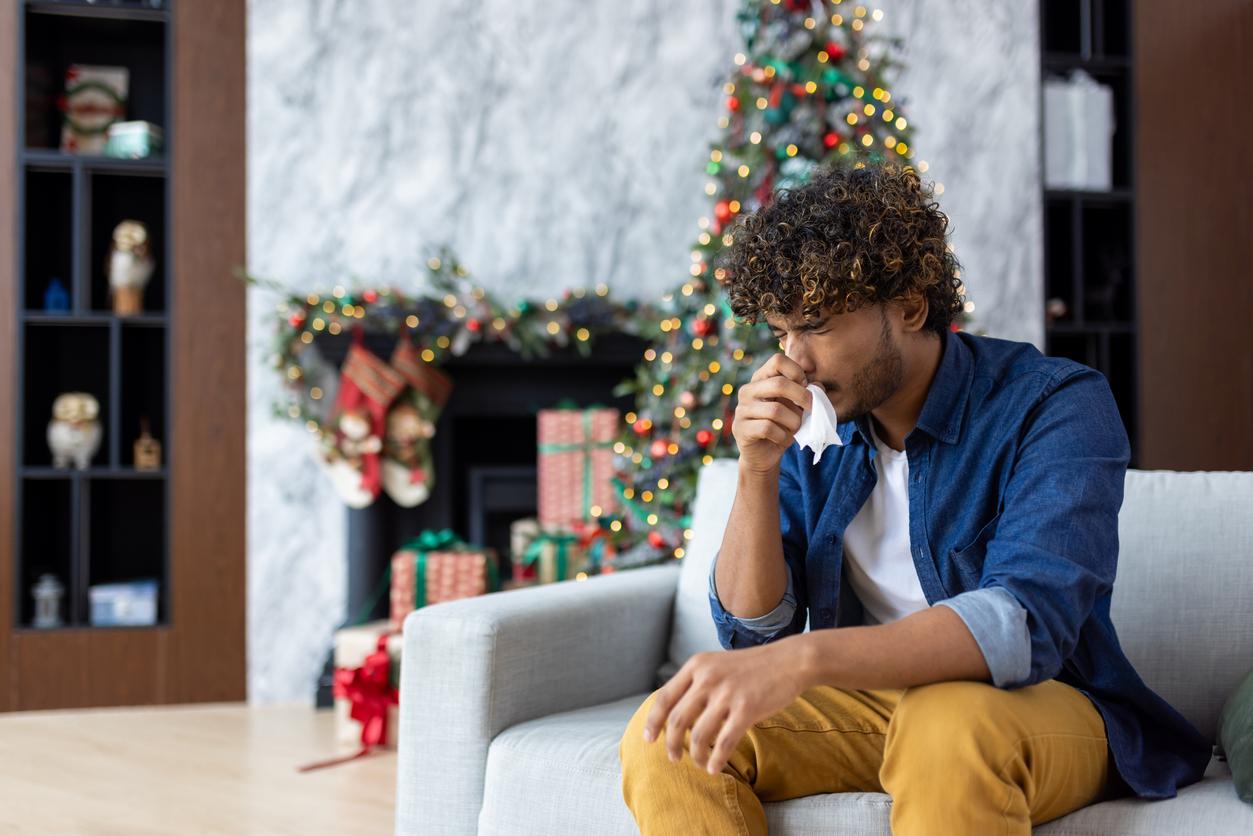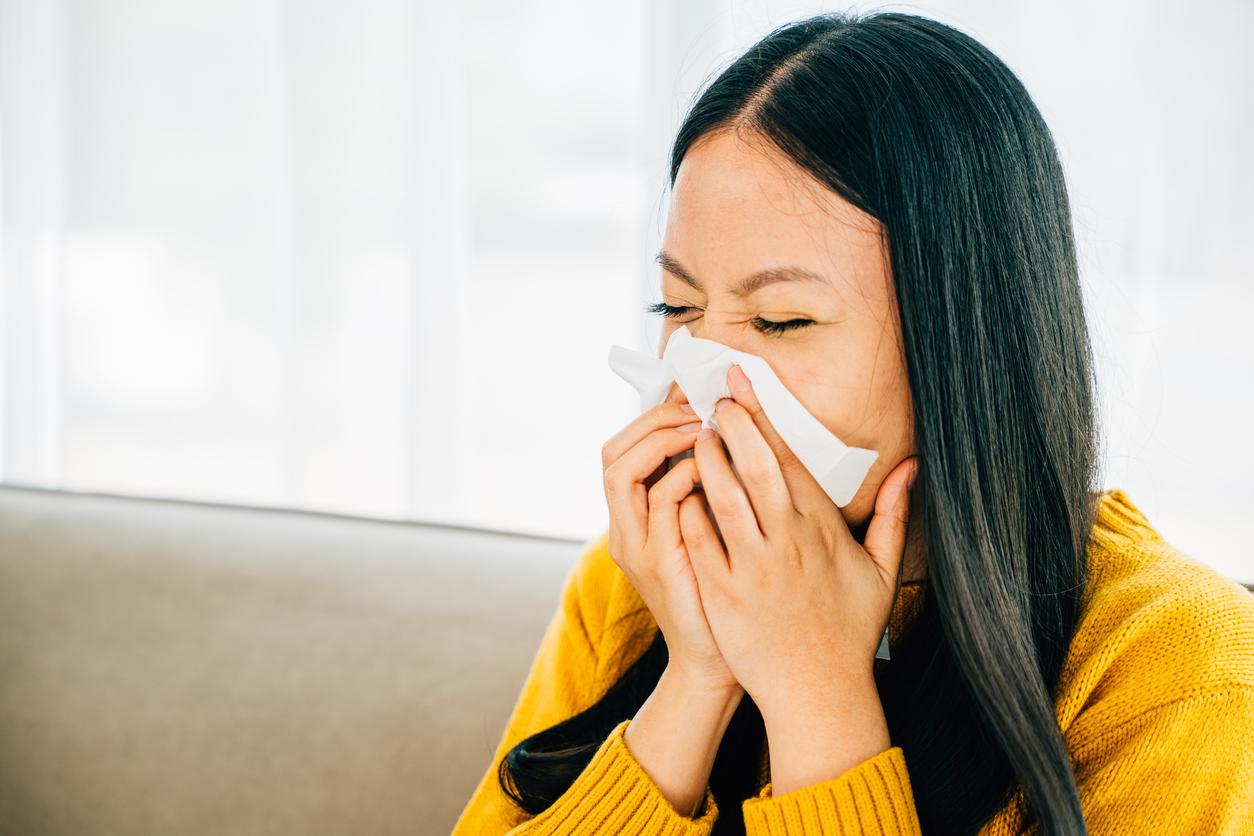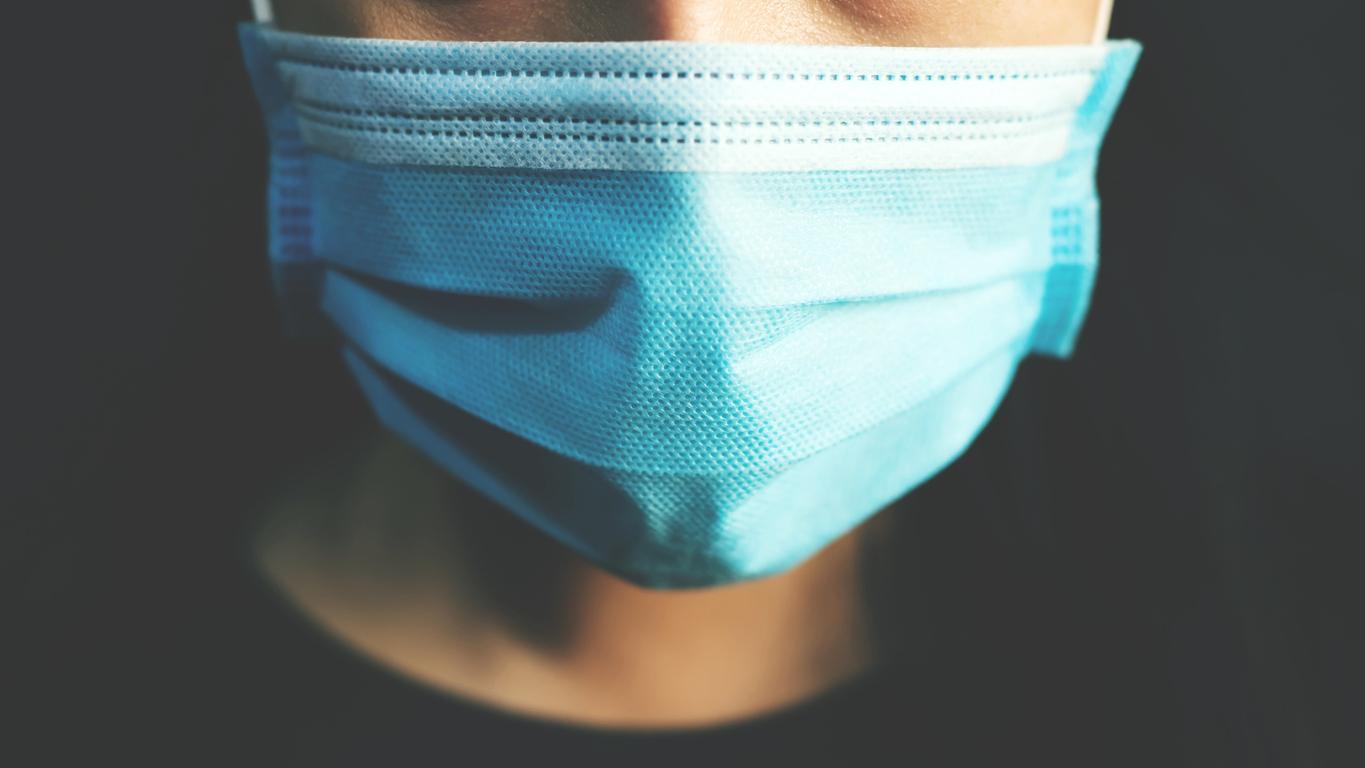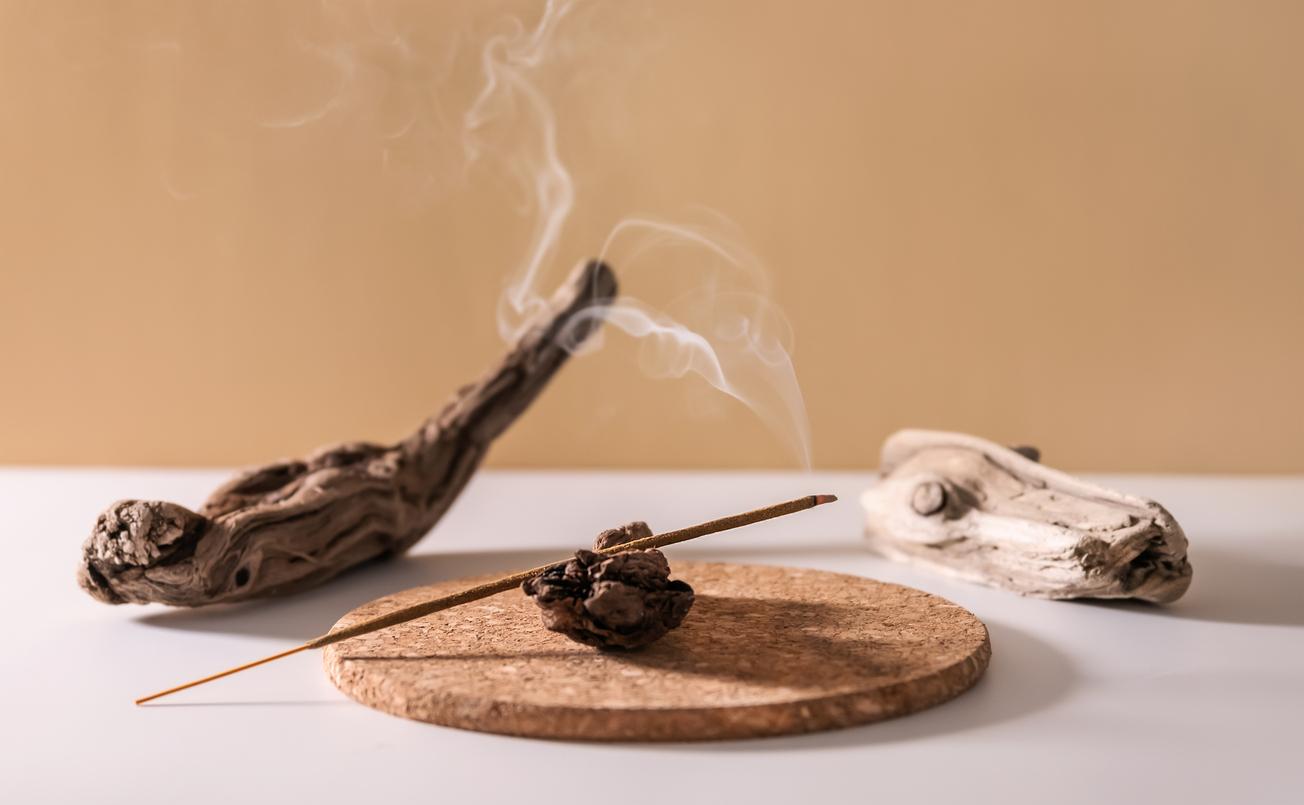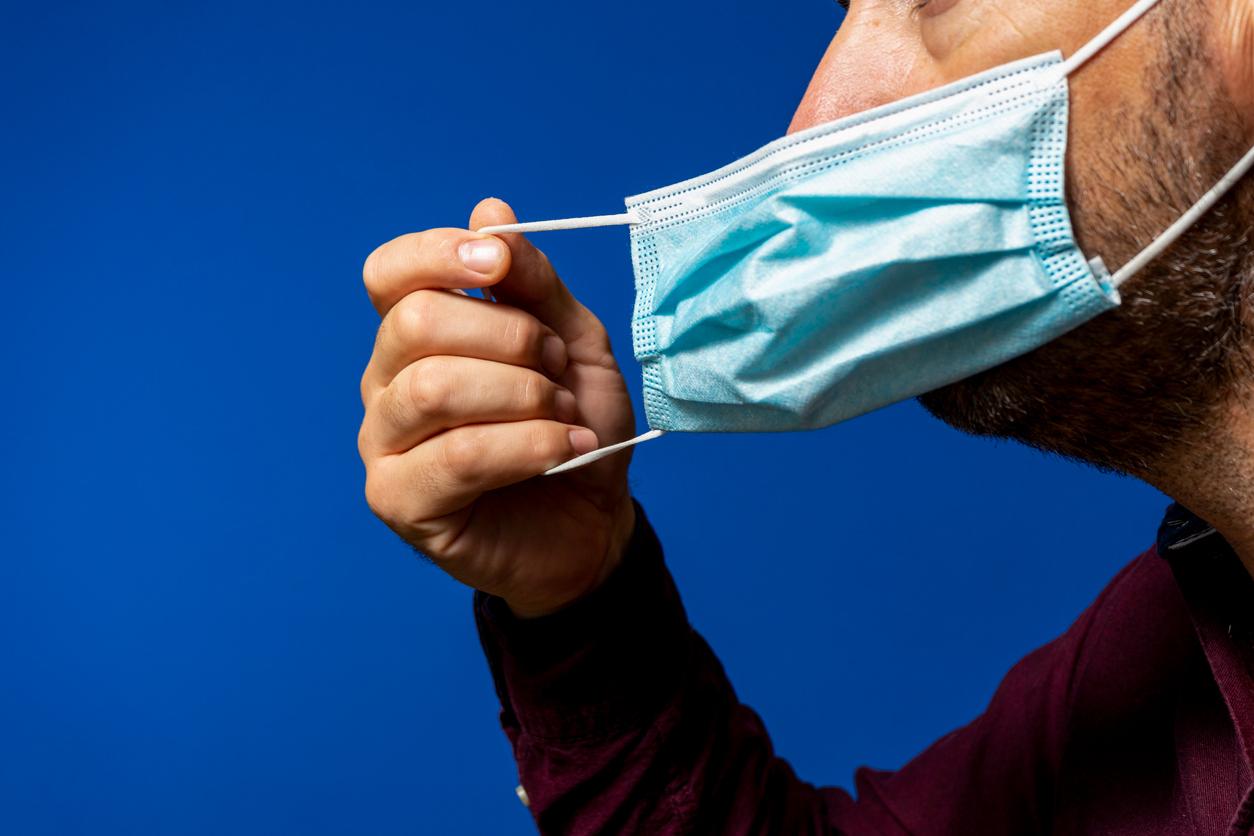If, since last March, wearing a mask is no longer compulsory outdoors, people who suffer from pollen allergy are tempted to keep it, to protect against allergens. Is this really a good idea?
Yes, of course, answers the French Federation of Allergology which, from the spring of 2020, when the wearing of the mask was still in its infancy, called for its use to be systematized as much as possible outdoors, “in particular during periods of pollen peaks and in situations at risk of significant exposure to allergens”.
Frédéric de Blay, President of the French Federation of Allergology explained in a statement : “The mask has already proven its effectiveness and is therefore becoming an object that enters into the daily life of the French. Like in Asian countries, wearing a mask must become a therapeutic solution to be considered in the long term, including in a world without covid, to protect against environmental diseases.”
When should I wear it?
Allergists recommend wearing a mask for all patients over the age of 11 with respiratory allergies (allergic rhinitis or asthma) due to pollen:
- On country walks
- While mowing the lawn or gardening
- When you spend time outdoors without doing significant physical activity.
However, wearing a mask is not the miracle solution and should not exempt allergy sufferers from taking their treatment because when they sneeze (which is very common in the event of an allergy) the mask becomes damp and filters out particles much less externally. In addition, surgical masks do not stick perfectly to the face and still let some pollen pass through the sides. Prefer the use of FFP2 type masks which have better grip on the cheeks.
Read also :
- Covid and pollen allergy: how to tell the difference
- The 9 Best Foods to Fight Pollen Allergy









